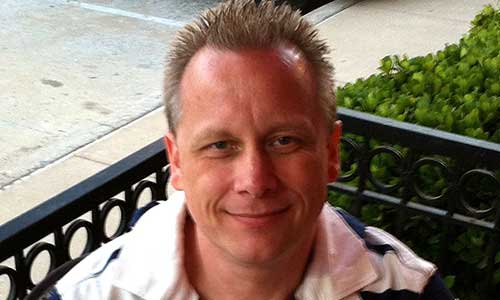(WASHINGTON) — Gridlock in Washington over raising the debt ceiling threatens to disrupt payments to millions of Americans who rely on government benefits each month.
Seniors, veterans and Americans living with disabilities could be the first to suffer if the federal government is unable to pay its bills as soon as June 1. Payments totaling about $100 billion are scheduled to go out June 1 and June 2, with more scheduled throughout the month.
Several people shared with ABC News their growing financial fears as the political stalemate continues.
Susan Prahl Meachum, a 64-year-old living in rural Virginia, said she will “lose everything” if there is no deal to raise the debt limit in time.
Meachum is disabled and receives a $941 Social Security payment on the first day of every month. She said a delay would mean she couldn’t afford rent, utilities or groceries.
“In Washington, we’re being treated like numbers, or just totally figures on a page. We’re human beings and we’re doing the best we can with what we’ve got,” Meachum said.
Pamala Gambe, 56, builds her entire budget around her $1,168 Social Security disability check, delivered on the third day of every month. Gambe lives with her granddaughter, and told ABC she struggles to “keep her in clothes or shoes.”
“I make sure all the bills are paid first,” she said.
Food stamps are also critical for Gambe amid persistently high inflation at the grocery store. The government is scheduled to pay out $1 billion in SNAP benefits on June 12. Gambe said she worries stricter work requirements for federal aid programs like food stamps — a key sticking point in the negotiations — could put her benefits at risk.
“Without Social Security and SNAP, not only will we be homeless, my goodness, we wouldn’t have money to buy food,” she said.
Also due on June 1 — $12 billion for veterans benefits. In North Carolina, 41-year-old Army veteran Skyleigh Heinen fears she’s among millions of vets whose VA benefits could be delayed.
“To me, there really isn’t a debate. We pay our bills,” she said.
Army veteran Naveed Shah in Washington, D.C., and Air Force veteran Jacob Thomas in Minneapolis, Minnesota, added the uncertainty over a U.S. default is already hitting American military families.
“Even if a deal is reached, everything winds up being okay next week, that still means that right now, families and veterans across the country are having to think about what does it mean for me to have to ration my current paycheck or my current disability paycheck,” Thomas said.
Copyright © 2023, ABC Audio. All rights reserved.





